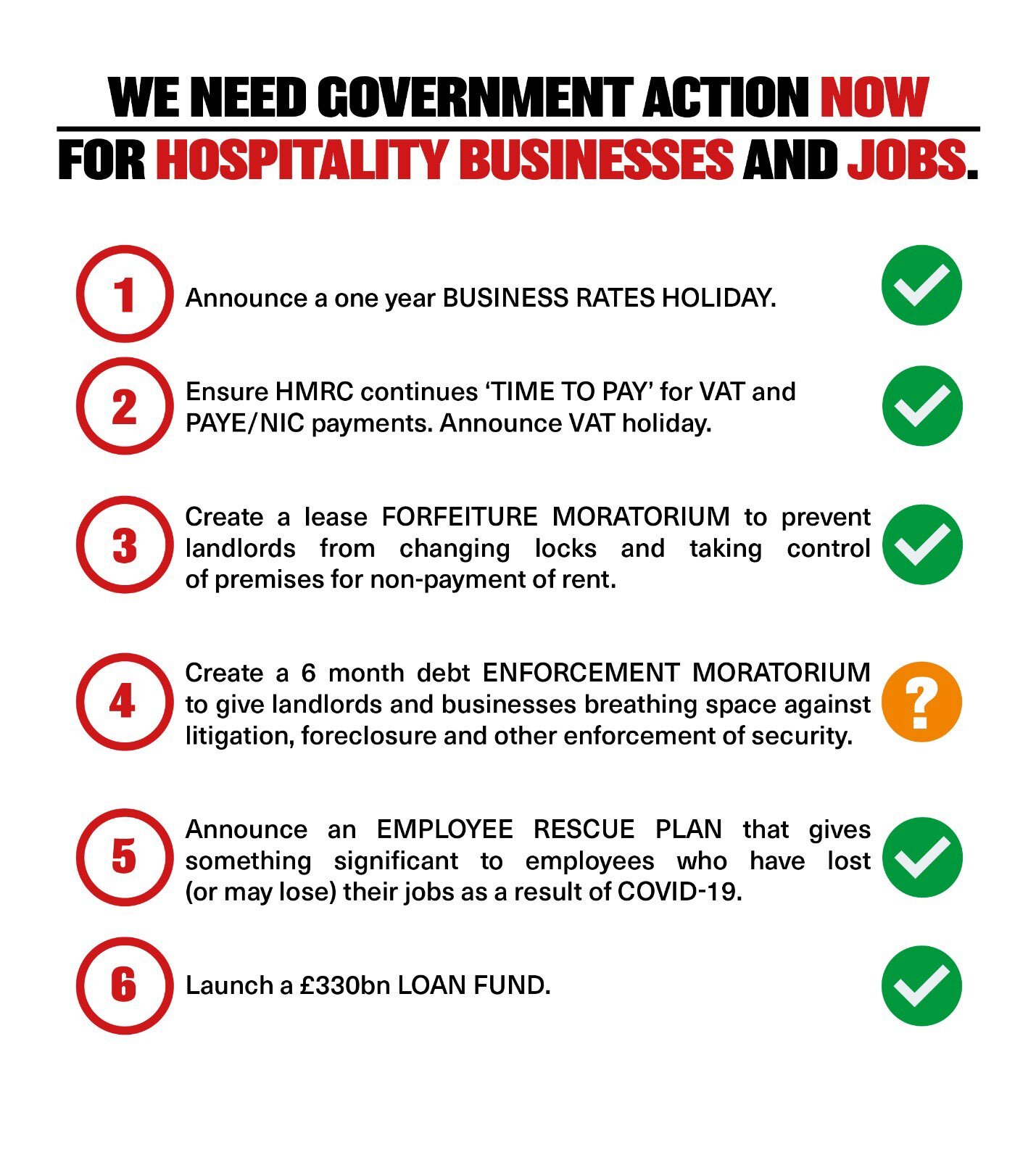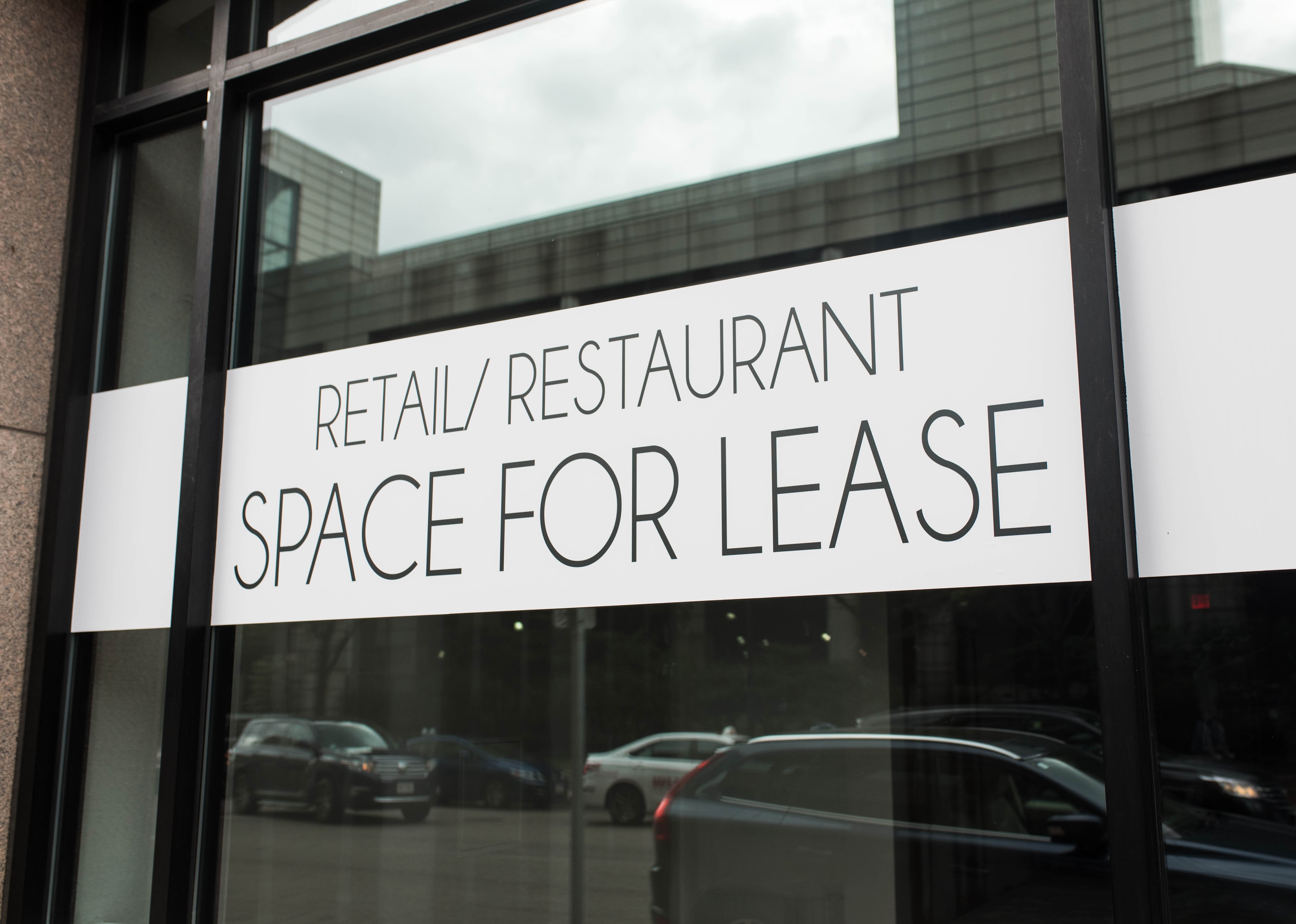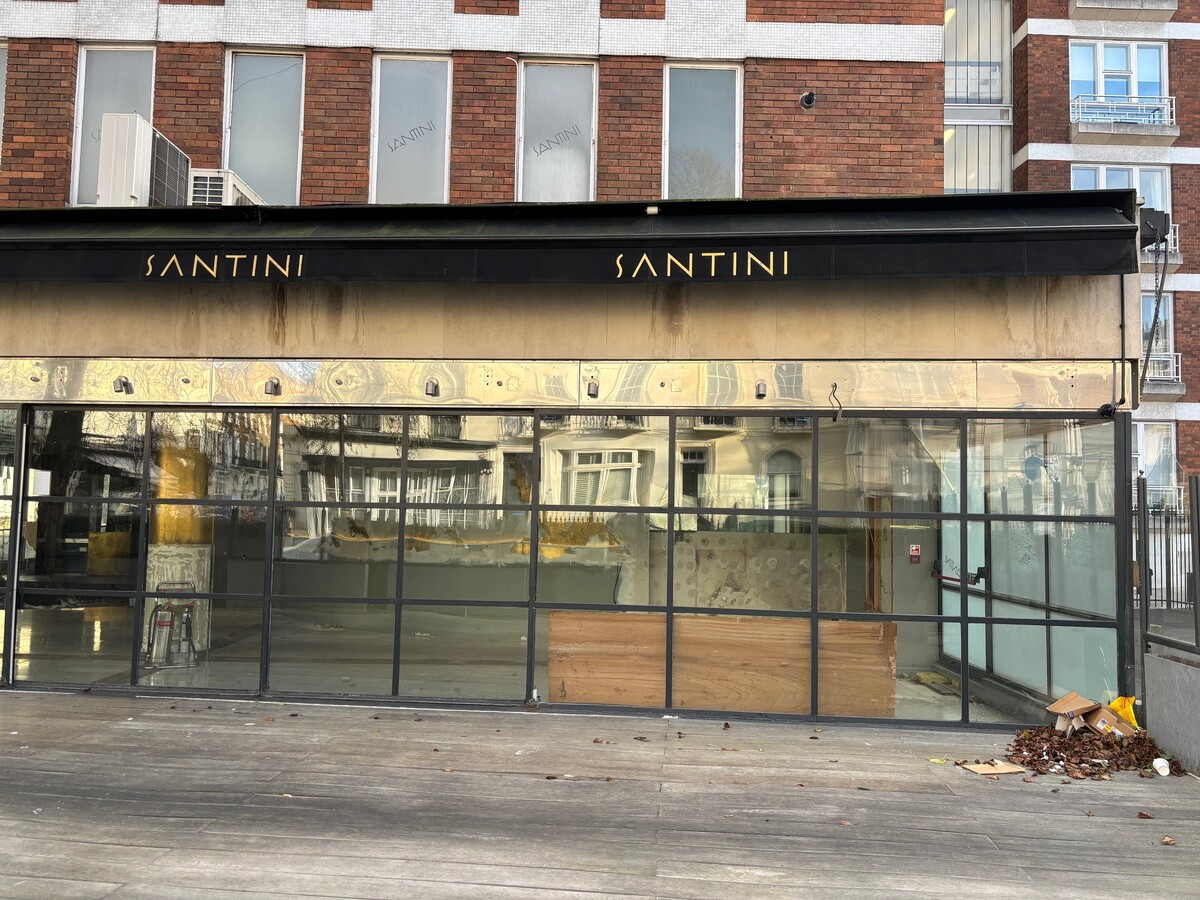Aggressive landlords should 'back off and suck it up' or risk empty sites
As the coronavirus crisis continues, swathes of tenants are engaged in fierce negotiations with landlords over rent payments despite the recent forfeiture moratorium designed to protect them from eviction.
Following country-wide closures in the industry, operators with little or zero operating income have faced no choice but to withhold rent. But negotiating with landlords is proving a minefield for the majority of tenants who have minimal experience navigating through this unknown territory.
For many, the rent quarter on 25 March was a tipping point. When Stephano Borjak, director of Caffe Concerto, chose to allocate £1.2m to wages for his 700 staff rather than rent, he received a winding-up petition from landlord Criterion Capital. Speaking to The Caterer today Borjak said receiving the winding-up notice was a “complete shock” and had been a “devastating time” for them: “I honestly didn’t sleep. I’m worried for my staff and their families. We are using our cashflow for wages. We urge our landlords to bear with us at least until we open for trade.”
Borjak said his company, founded in 1996 and operating from 37 sites, had “never missed a single rent payment” and was a “reliable company”. By contrast to Criterion, another of Caffe Concerto’s landlords in Knightsbridge had agreed to waive the rent for the current quarter. Borjak said he had written to the chancellor urging the government to stop allowing winding-up petitions for the next three months.
UKHospitality chief executive Kate Nicholls told The Caterer it was “disappointing to see some [landlords] carrying on as if this is business as usual”. She believes the government’s moratorium on commercial landlord sanctions and debt enforcement was passed in the hope that it would encourage landlords and businesses to work constructively. “We all need to find solutions to our problems collectively at the minute,” she added.
Nicholls responded on Twitter to the news that Caffe Concerto faced a winding-up petition from its landlords after not paying its rent by saying: “This is not what was intended when the govt introduced a lease moratorium.”
Fighting on behalf of operators Leni Jones, managing director of Guardians of The Arches, a non-profit organisation which campaigns to protect tenants operating from retail units in railway arches, told The Caterer she had been in “very challenging negotiations” with landlords including The Arch Company, Network Rail and TfL, but had finally secured a three-month rent-free period for tenants who fall within the “primary-hit” industry sectors.
“We’ve had some movement which is incredible and we hope it will set a precedent for other landlords to do the same. But it becomes difficult for smaller landlords as this is their revenue stream too.”
Jones said she was yet to encounter any instances of aggressive behaviour but confirmed that there was a chance things might become “challenging” with an estate in south London whose landlord was “determined achieve all of his rent”.
She called on landlords to take a “longer-term view” by having open and honest conversations with their tenants. “No landlord wants an estate in six months’ time that’s absolutely empty. It doesn’t make sense for landlords to approach this aggressively. Who knows what the rental demand be like in six months. The market needs to be viable post-Covid. It seems absolutely ludicrous to be aggressive as landlords will end up with empty estates.”
Despite huge pressure, some operators tell of a more positive landlord experience. Nigel Owen, director of London-based Mother Kelly’s, a collection of Taprooms and Bottleshops across five boroughs, told The Caterer that despite most of their landlords being understanding it was “all a bit of a shit show”. He had to approach them all – “not one approached us first” – but as soon as he made the call they were all “quite amenable”.
He said the biggest concern was how long the government grants would take to come through and he was finding that while London boroughs such as Camden and Southwark were “all over it” and quick to respond, others didn’t seem to have a clue what was going on.
Some operators are reporting that landlords are offering monthly rental payments instead of quarterly but, with income hovering at zero, this seems like a futile gesture. A spokesperson for The Crown Estate, a collection of lands and holdings, told The Caterer: “We are acutely aware of the impact Covid-19 is having on many businesses and we’re working closely with our customers, communities and wider supply chain to support them through this difficult period. We’re engaging with our customers on a case by case basis to understand their individual needs and circumstances, as well as the support available to them at a national level, through evolving government policy.”

James Daglish, leisure sector specialist and Partner at law firm Goodman Derrick LLP, told The Caterer that given that hospitality tenants currently have no income or prospect of income for a while, landlords should be offering them breathing space for their own good as much as the tenants'. He explained: “Unless landlords are prepared to see a number of these tenants fail and be left with vacant units, the only way to help tenants through this is to give them as much of a financial breathing space as they can.”
He said that as landlords will have their own “chain effect” financial pressures, banks also need to be understanding. “But the big landlords have enough capacity to shoulder some of this.”
Daglish says his clients’ immediate concerns are on how to mitigate risk and having cash in the bank can help. “If someone like Caffe Concerto’s landlord issues proceedings to wind-up the company, the way to quickly undo that, if you can, is to quickly pay what’s due,” he said.
"Keep talking to the landlords" is his advice and if they are being “particularly difficult”, to escalate it to an industry body such as UKHospitality or NightTime Industry Association. And on a basic level, he added, with units temporarily empty, ensure that landlords have an address to reach you at – either email or postal – so that you can pick up notices quickly.
“Nobody wants to be burning through cash at the moment but if push came to shove if you pay some of the rent that would placate some of them but as a last resort.” He said that as some of his clients were already looking into administration and insolvency procedures, relaxing the insolvency rules would be “another helpful element” and a necessary step.
Meanwhile London Union’s Jonathan Downey, who also runs an active Hospitality Whatsapp group with over 2,000 members, urged tenants to “hold on to your cash and don’t pay”. He said any winding-up threats from landlords are “meaningless” in the short-term and that operators will have “plenty of time to deal with these people”.
Downey anticipates business secretary Alok Sharma will announce a moratorium outside the insolvency procedure which would offer tenants protection from potential legal actions from landlords. He said: “We’re all in this together. No one’s cancelling any payments. Landlords need to back-off. Suck it up - everyone else is having to.” He declared his six-point action plan for hospitality businesses – of which a debt enforcement moratorium was number four - was almost “full-house.”




















